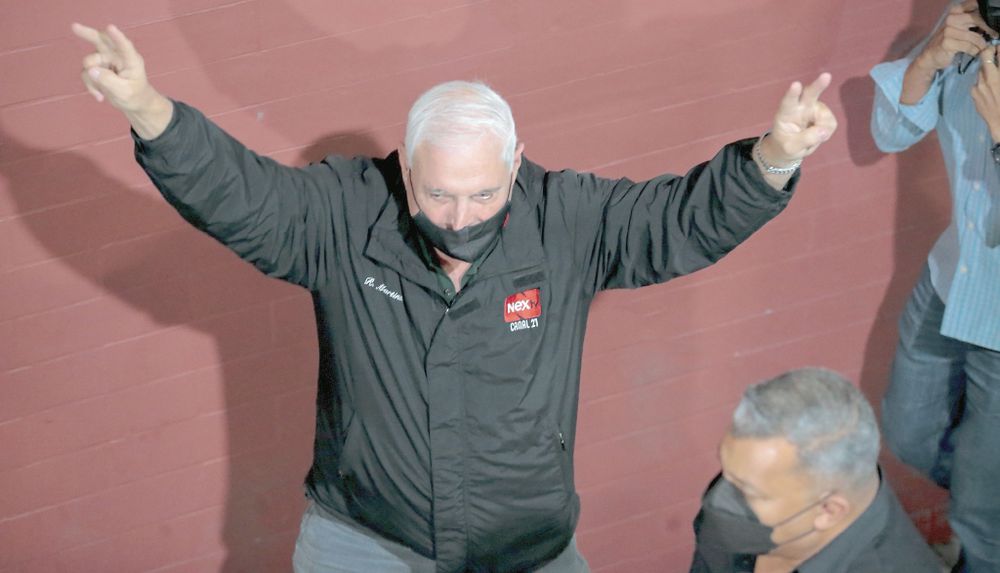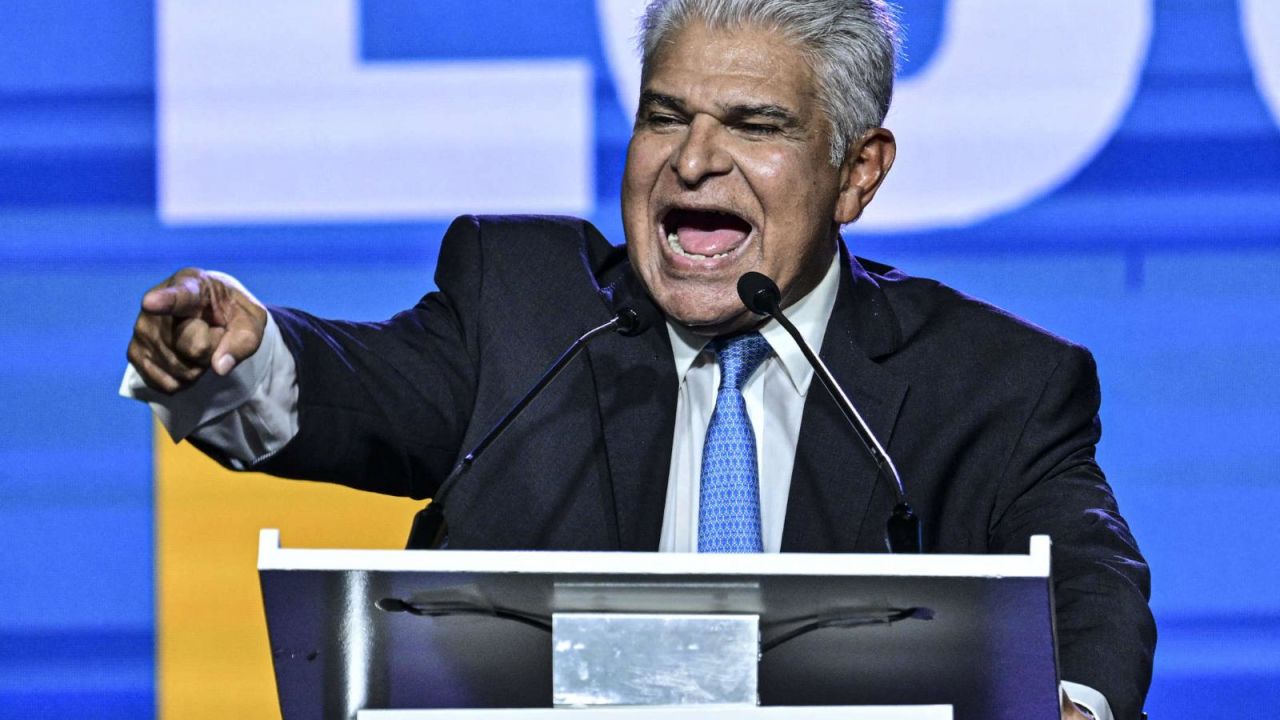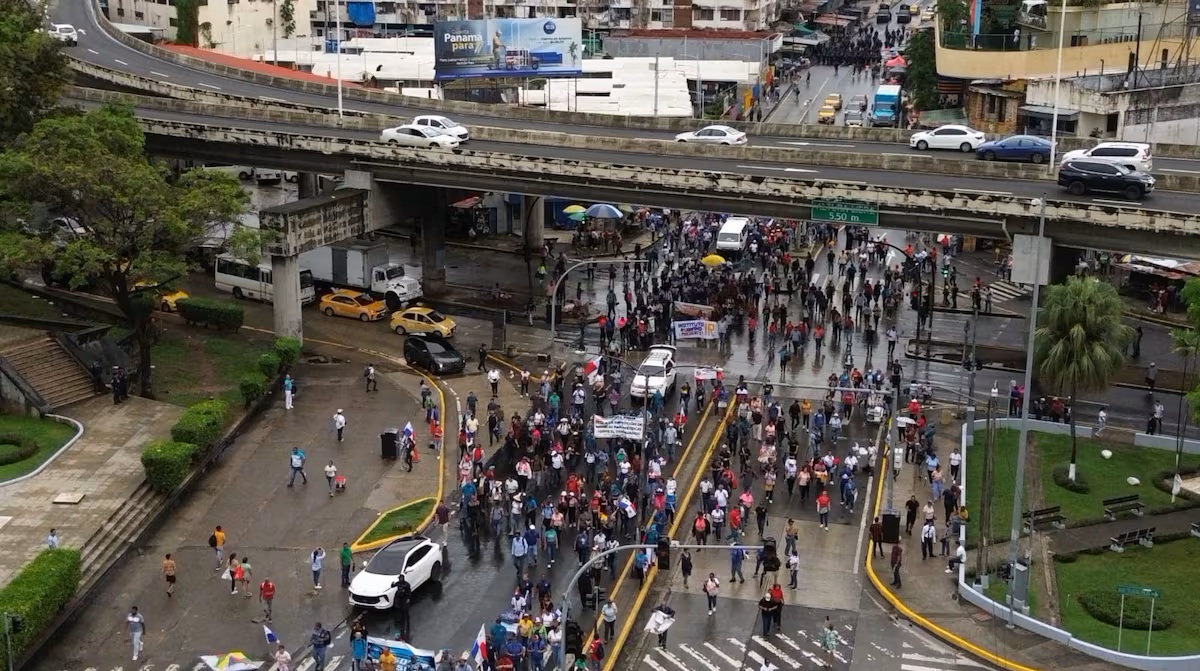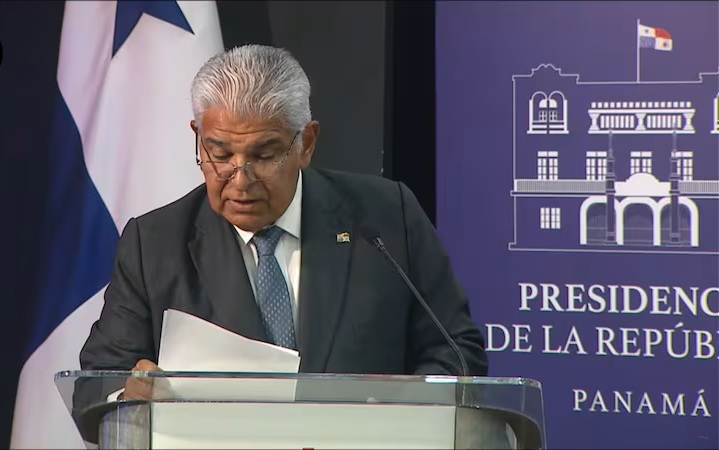The consequences of the Martinelli acquittal

Judges Iveth Francois Vega, Jennifer Saavedra Naranjo, and Marysol América Osorio made history on Tuesday, November 9, when they made known their unanimous decision to acquit former President Ricardo Martinelli of the two charges linked to the cause of the punctures, initiated in June 2015 by the Supreme Court. With its ruling, they ended six years of a controversial process.
The consequences of the ruling are not limited to the judicial sphere writes Ricardo Noriega in La Prensa
By challenging the justice system, since it ignored evidence validated by the Supreme Court and even by a federal judge in the United States, the decision of judges Iveth Vega, Jennifer Saavedra and Marysol Osorio also compromises the country’s position before the organizations that precisely measure the application of justice and the rule of law and that, due to the opacity in this matter, keep the isthmus on gray and black lists.
Furthermore, the ruling would clear the electoral path for 2024 and could even affect the governance of Laurentino Cortizo.
The judges’ decision was based on their consideration that the Public Ministry could not prove the ex-president’s connection with the illegal interceptions of communications, as well as with the follow-ups and monitoring object of the process.
The judges accepted the premise of the technical defense that the case had been prepared by Rolando López, former head of the National Security Council during the government of Juan Carlos Varela.
The discipline of law is based on logic, that is, the methodical and organized analysis of facts and arguments.
Facts exposed
In the case of the punctures aired on the second occasion, a series of incontrovertible facts were exposed, namely:
1) Ricardo Alberto Martinelli was President of the Republic of Panama from July 1, 2009, to June 30, 2014;
2) Through Law 11 of 2010, the regulations governing the National Security Council were repealed, placing the President of the Republic as its highest authority from that moment on;
3) During the Martinelli administration, different systems were acquired for the interception of communications, including the Pegasus software ;
4) At least 150 identified persons had their private communications were intercepted with Pegasus;
5) These interceptions did not have judicial authorization, therefore, they are prohibited by the Political Constitution of Panama;
6) The content of some of the communications of the 150 identified victims was published or disclosed openly to favor very specific interests;
7) Gustavo Pérez and Alejandro Garuz, former directors of the Security Council during the Martinelli government, were previously convicted in another trial for these same crimes.
The logical-causal chain can only lead to conclusive reasoning: although Rolando López is credited with having prepared, manipulated or organized electronic files, the coincidence of time, manner and place is overwhelming.
Evidence ignored
The judges preferred to ignore the evidence that had already been validated by the Supreme Court and considered by the United States federal judge Edwin Torres, when he granted the extradition to Panama of the former president, in 2017.
The sensation of public opinion upon learning of the ruling was one of shock.
It is perhaps the closest thing to the national sentiment of May 1989, when three other judges – this time from the Electoral Tribunal – annulled the elections that had the opposition candidate Guillermo Endara as the winner. The events of that year more than demonstrated what happens when institutions break down.
Panamanian justice faces a serious crisis that has dragged on for several decades. The impunity of high-profile cases is not recent, since a quick review includes cases such as Cemis, Estrella Mar, Finmeccanica, El Gallero, and numerous other examples of the entrapment of justice, auctioned before the interests of the powerful.
The decision of November 9, will have important consequences at the international level and will aggravate the situation of Panama in the lists of qualifying bodies for legal security and transparency.
Bank credit in Panama will become much more expensive and the attraction of foreign investment to a country with questionable justice will be affected.
On the other hand, the acquittal of the ex-governor would clear the electoral path towards the year 2024 and could trigger a political realignment at the level of deputies and political parties, which could reduce the governability of President Cortizo.
Furthermore, if the political platforms of other electoral candidates do not form a common front, the presence of multiple presidential candidates will favor a single option in 2024.
The spectacle of an acquitted former president contrasts with that of two of his sons en route to a very public trial in federal court in New York.
In recent weeks, senior officials of the United States government and the chargé d’affaires of that country’s embassy in Panama have pointed out the possible consequences that corrupt Panamanian officials would face for twisting the paths of justice. As is known, the United States has multiple diplomatic, economic, and judicial tools with which it can make known its reaction to the acquittal.
The great expectation could center once the brothers Ricardo Alberto and Luis Enrique Martinelli Linares face their case in the United States and the identity of other co-defendants is disclosed.
In the last 11 years, the country has had seven attorneys general, including the current one, who is interim. Some 900 judicial officials are also temporary (including the three judges of the court that acquitted Martinelli) and are exposed to the will and arbitrariness of their superiors. In addition, the Panamanian justice does not have a judicial investigation police dedicated to this task, since it depends on the National Police for these purposes.
The implementation of the judicial career is only a first step to get out of the crisis. Judges and prosecutors need better specialized technical training, as well as audits and follow-ups of their enforcement.
Panama does not have the capacity to do this on its own, and it will require a lot of international cooperation to transform justice. The model could be an International Commission against Impunity, such as the one that existed in Guatemala, which at the same time provided advice to justice personnel, trained them and allowed emblematic cases already decided to be evaluated in order to issue opinions that would serve as corrective measures.
The presence of this international commission would give more support to honest officials and will shield them from many of the internal and external pressures that seek to capture justice.





